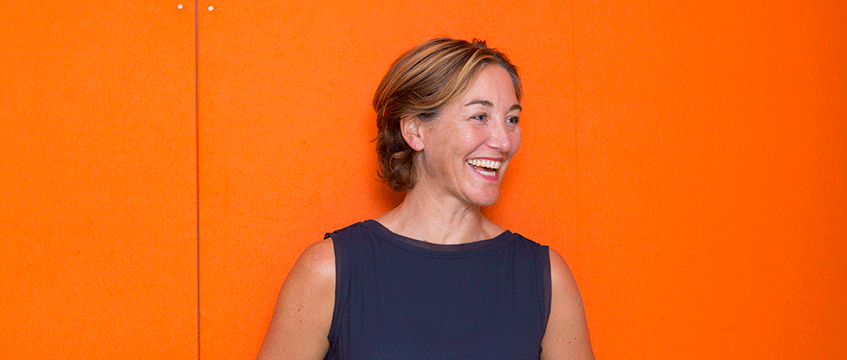COMMENT Social value has been a hot topic for years. There have been many attempts to define it and how we should measure the social impact of our work, but we haven’t got it right just yet.
As an industry, we put figures in our reports to show how much we have invested in communities and the benefits they might reap. However, the transactional nature of the spreadsheet is often a blunt tool and it’s difficult to know whether these measures add up to a good place to live. Do we know if they improve residents’ health and wellbeing, for example, and are residents sufficiently involved to make it a success?
Often the answer to these questions is no. But these are things we need to understand to know if our social value investment is working. Rather than counting social value solely in pounds and pence, we need an approach that also measures the impact of our investments on the lives of the people in the places we create.
Let residents define success
As a sector, we often view success in terms of the functional benefits to a place – the number of new houses or miles of new footpath. But this is not what is most important to residents.
People experience places emotionally – they feel something about where they live. And we need to consider these experiences when we create places. For example, we must consider people’s feelings about safety or sense of community, not simply ask if they’ve used a new community space.
Rather than using pre-defined indicators, we need to ask people how they measure their own sense of safety or community and how their experiences make sense for them. By allowing residents to define success we can begin to understand people’s real experiences of places, complementing existing metrics.
Listen a meaningful way
It is easy to pull out a standard evaluation toolkit to carry out a survey and some interviews. But in doing so, are we really learning what impact a place has on the people who live there?
Truly listening to communities means we cannot go in with a predetermined set of questions to ask. The language we use is important – it can invite people to open up or just as easily alienate them. We should also take creative approaches to engaging with communities. Smaller focus groups or walking with people as they go about their everyday lives, can yield more granular insights into people’s feelings and experiences.
Trust in the process
Much has been written about the need to garner trust from residents. As professionals, we must also learn to trust the process when measuring social value. Start with an open mind, don’t go in expecting a particular outcome – a challenge for many organisations. Public sector organisations with limited budgets need the courage to think beyond election cycles and take a long-term view. Commercial organisations need to consider different forms of investment and returns, focusing on purpose.
Most importantly we must also not over-claim or take credit for outcomes that are tangential or unintended. We need to understand that residents may take time to engage in an open green space, community building or allotment. Developers need to be flexible when considering possible intended outcomes. Accept they may be met later than hoped, or may not be easily quantifiable. Even if the social return moves out of that year’s accounts it shouldn’t be discounted.
Trusting the process means not expecting instant success. Patience is not just a virtue, but a necessity that allows social value outcomes to materialise independently and at their own pace.
Taking the next step
We must acknowledge the strengths and shortcomings of measuring social value simply in terms of money generated. And we need to develop new ways of measuring success, focusing on the impact that spending has on the people it’s intended to benefit.
The Quality of Life Foundation is committed to doing just that.
Our research explores how developments impact people’s quality of life. We do this through mapping to help organisations understand what people value in their neighbourhoods and overlaying existing socio-economic data. Our post-occupancy Resident Review translates people’s experiences of their homes and neighbourhoods into quality of life scores. Now we are working with others to determine the measures that get to the heart of whether a place is successful or not, which we will share across the industry.
So much good has come out of the drive for social value, but more must be done to ensure it is something that is trusted and understood by industry and local communities alike.
Sadie Morgan is founder of the Quality of Life Foundation











